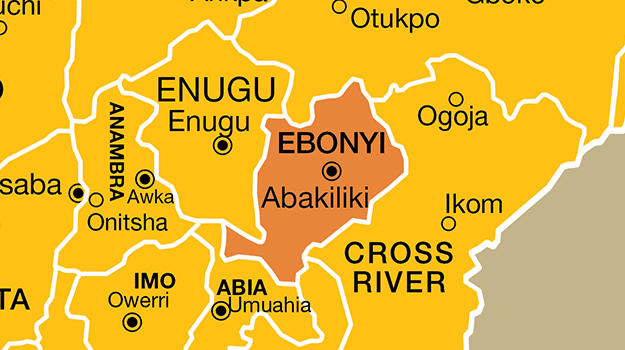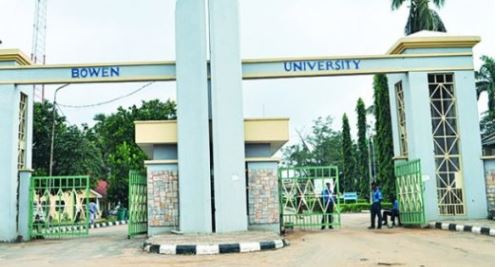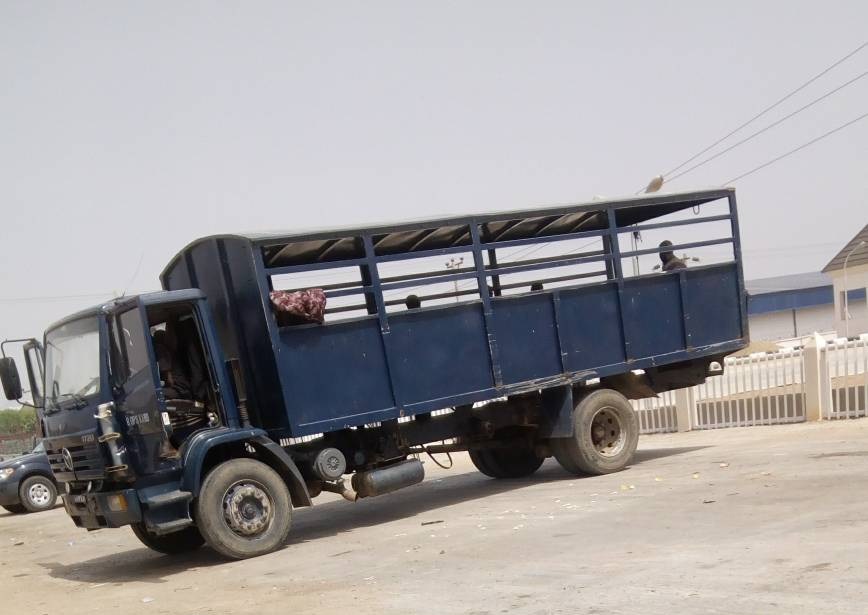The sad trend of open defecation in some parts of the city
When Ibrahim Yusuf left behind his family members and childhood friends in Niger state in 2016, he felt Abuja was a city “flowing with milk and honey”. After an endless search, he settled in Karu, a suburb in Nyanya.
“To be sincere, it has not been easy. Although I was able to learn a trade — I am now a tailor — we manage to survive here. Life in Kagara (Niger state where he is from) is even much better than what you see here,” the 26-year-old says, gesticulating to the solid wastes, stagnant water, and drainage sprinkled with sewage that runs across his one-room apartment.
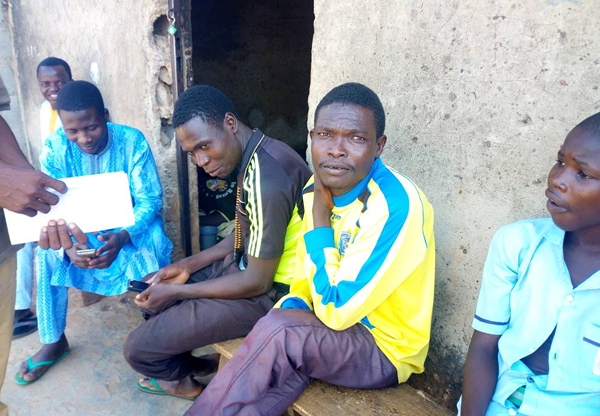
There are many others like Yusuf who manage to find their way to Abuja but end up living a life they never bargained for; one riddled with lack of basic social amenities such as water.
Abuja’s population is said to be 2.44 million, with a chunk of that population living in low-brow areas such as Nyanya, Kuje, Jikwoyi, Mabuchi, Gwagwalada, Maraba, among others.
Advertisement
You may have heard of Maittama and Asokoro, where most governors and senators live; you probably also know about Gwarimpa, the house of former President Goodluck Jonathan; or even Three Arms Zone, where Aso Rock, Nigeria’s seat of power is located; but do you know about places like Nyanya, where majority of the low-income earners in Abuja reside?
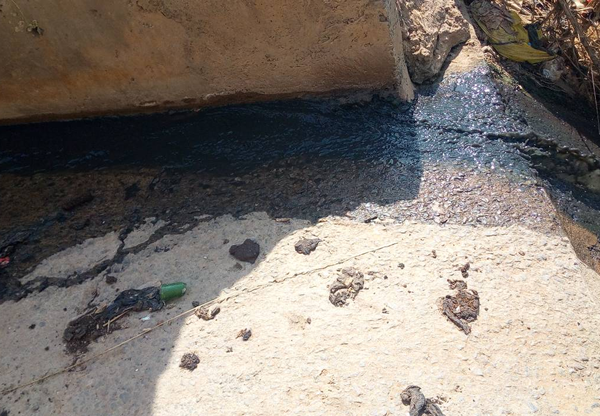
What if I tell you that a good number of residents in Nyanya still do not have access to potable water supply? Would you believe, if I tell you that quite a number of them still practise open defecation?!
Open defecation in Abuja – thought to be one of Africa’s most beautiful cities? Well, yes; something the residents say is a becoming a trend.
Advertisement
“It is usually late in the evening or early in the morning that people do it (defecate in the open, because you hardly see them,” a resident says, adding: “if you go to a place like around that Nyanya bridge, you go use your eyes see finish.”
When TheCable visited some parts of the city including Maraba, Jikwoyi, Nyanya and Karu, it discovered that residents still practise open defecation.
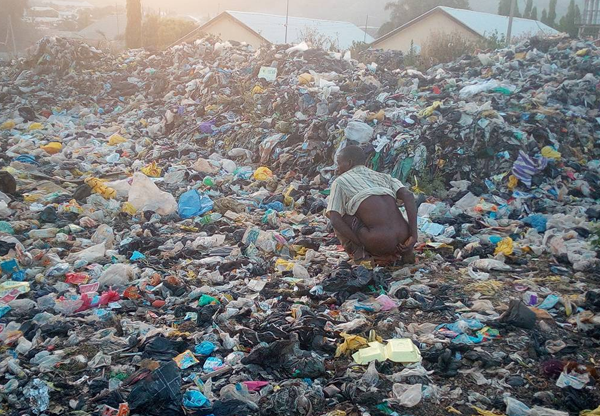
At Nyanya, for instance, the bridge is easily a preferred spot for such practice while in Karu and Jikwoyi, water channels and refuse dump sites come to the rescue.
As of 2016, 28.7 percent of the Nigerian population still practised open defecation, something the United Nations says could end in 2030.
Advertisement
At the global stage, 2.4 billion persons around the world still don’t have access to a functioning toilet, with 1.1 billion of that number defecating in the open.
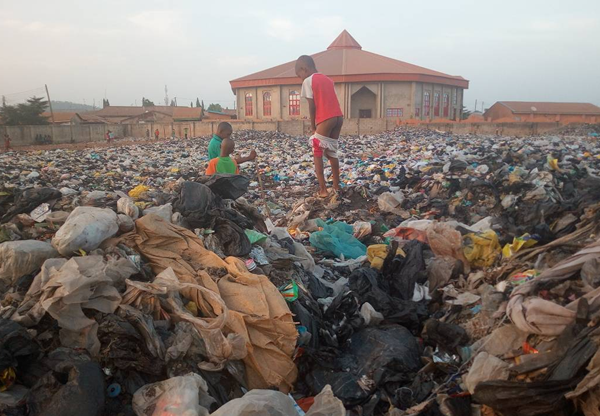
You begin to understand the implication of this better when you hear that at least 1.8 billion people globally use a source of drinking water that is fecally contaminated, according to a 2014 study commissioned by the World Health Organization (WHO) and United Nations Children’s Fund (UNICEF).
The situation is not different in Karu where the major source of water supply — borehole — is exposed to the dangers of open defecation in most cases.
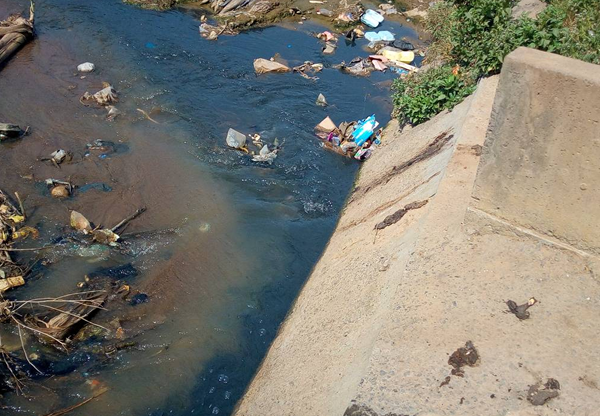
Advertisement
A resident in the area who gave her name as Ruth captures this succinctly: “That borehole you see there (pointing to one at the far end of her street) is where most of us buy water from and use, even for drinking. It is true the area is not clean, but there is little or nothing we can do about it. When there is money, we manage to buy sachet water to drink but it is just once in a while. All I know is, it is God that protects His people.”
A s of 2016, only 2.5 percent of the world’s water was from freshwater bodies such as rivers, lakes and shallow groundwater.
Advertisement
But even with such disturbing statistics, how safe is the water bodies in towns such as Nyanya, Maraba and Karu? Far from being safe for use; at least not with residents besieging water channels, drainages and even roadsides to “answer the call of nature.”
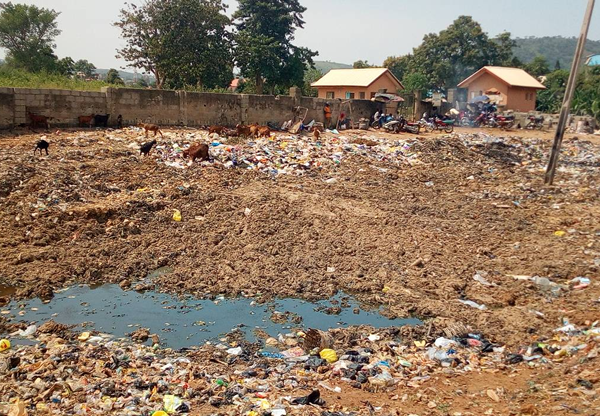
INAPPROPRIATE REFUSE DISPOSAL IN MOST OF THESE AREAS
Advertisement
Another thing you won’t believe about Abuja is the zero sanitation level in some parts of the city, with refuse disposal done with reckless abandon.
On entering Jikowyi phase one, you will first be greeted with the stench from a refuse dump which residents say keeps expanding.
Advertisement
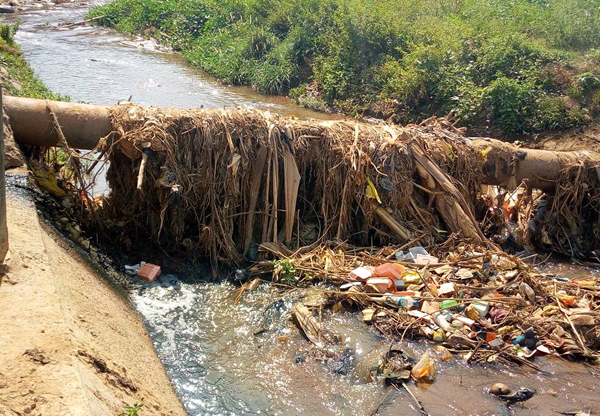
“It smells you that way because you are new to this place. Those of us living around here have become used to it,” the trader who refused to give her name said.
It is a similar story in other parts of the city such as Kurudu, Barracks, Orozo, Mabuchi — all with a sad tale of inadequate refuse dump sites littered everywhere.
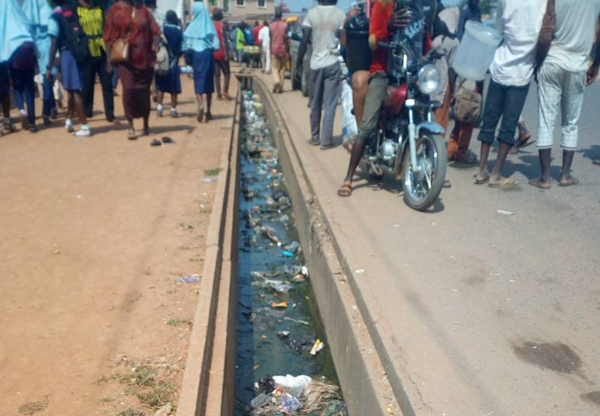
Talking about the danger of these sorts of environmental disaster, a 2015 Times report showed that solid wastes in landfills are known to release methane gas, a greenhouse gas that contributes to climate change with methane being the second most prevalent gas emitted by human activity following carbon dioxide.
With urbanization pushing people into cities such as seen in Abuja, there is the growing need to address pollution from landfills.
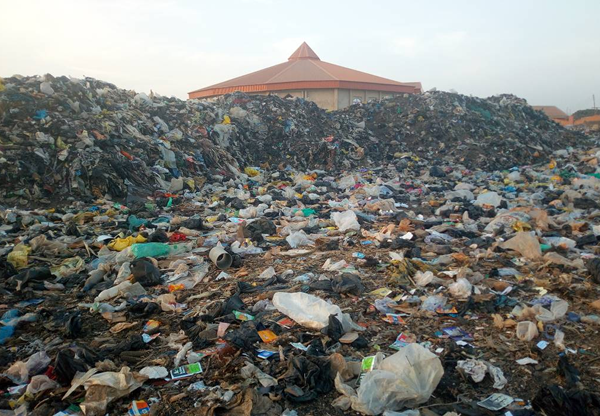
As at 2016, 54 percent of people around the globe live in cities, and those cities could see their populations rise by 2.5 billion (66 percent) by 2050, according to a United Nations estimate. Abuja is apparently among these cities but while the population is increasing, government would need to intervene with provision of basic social amenities else, the health and lives of many Abuja residents would remain endangered.


